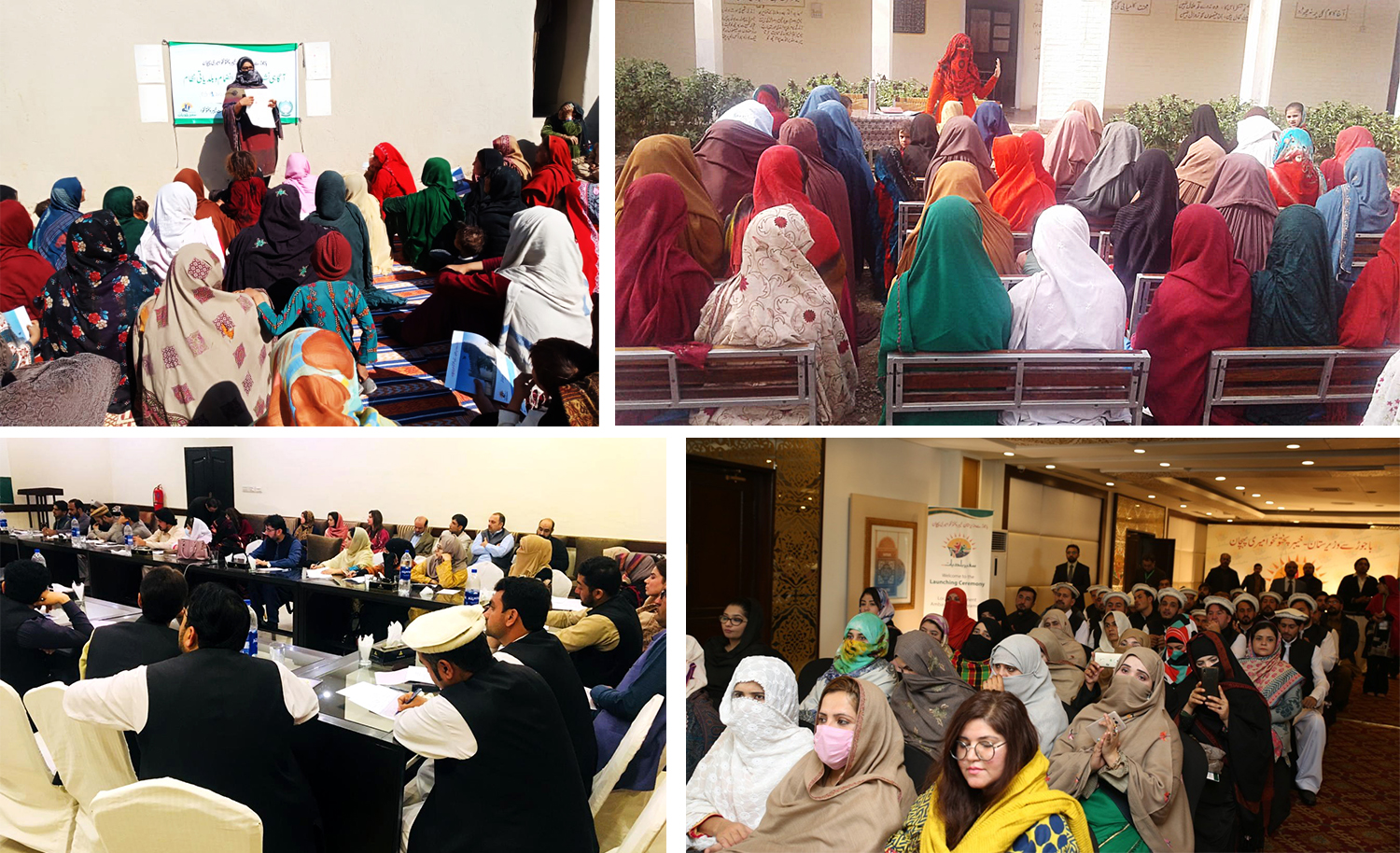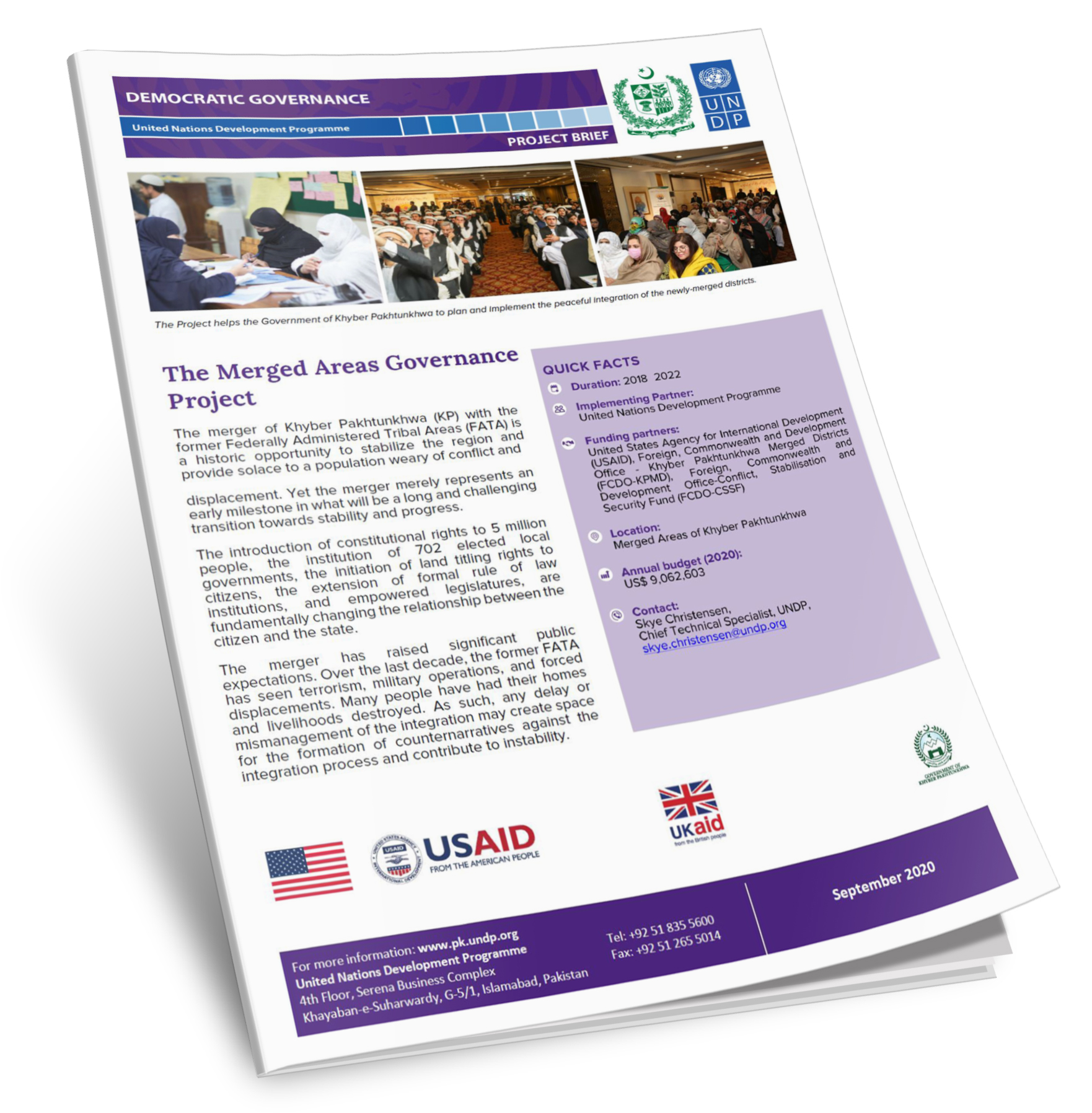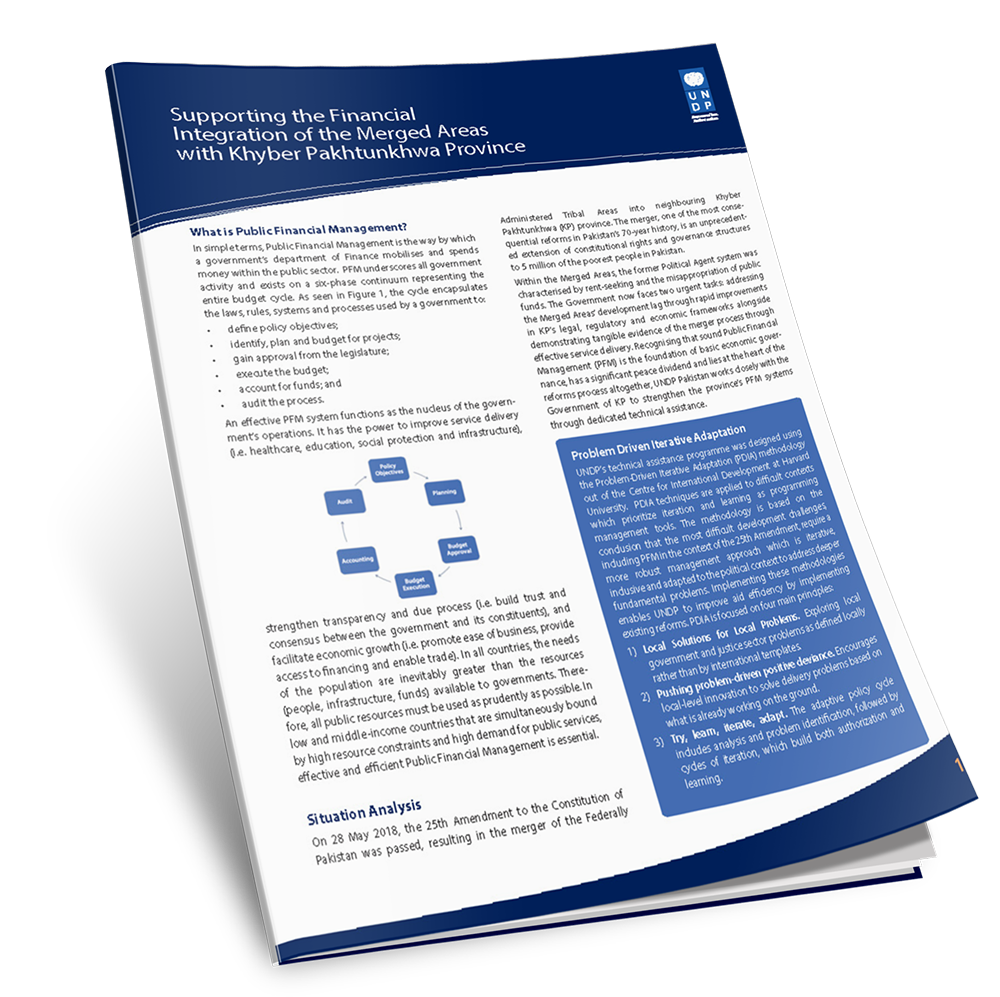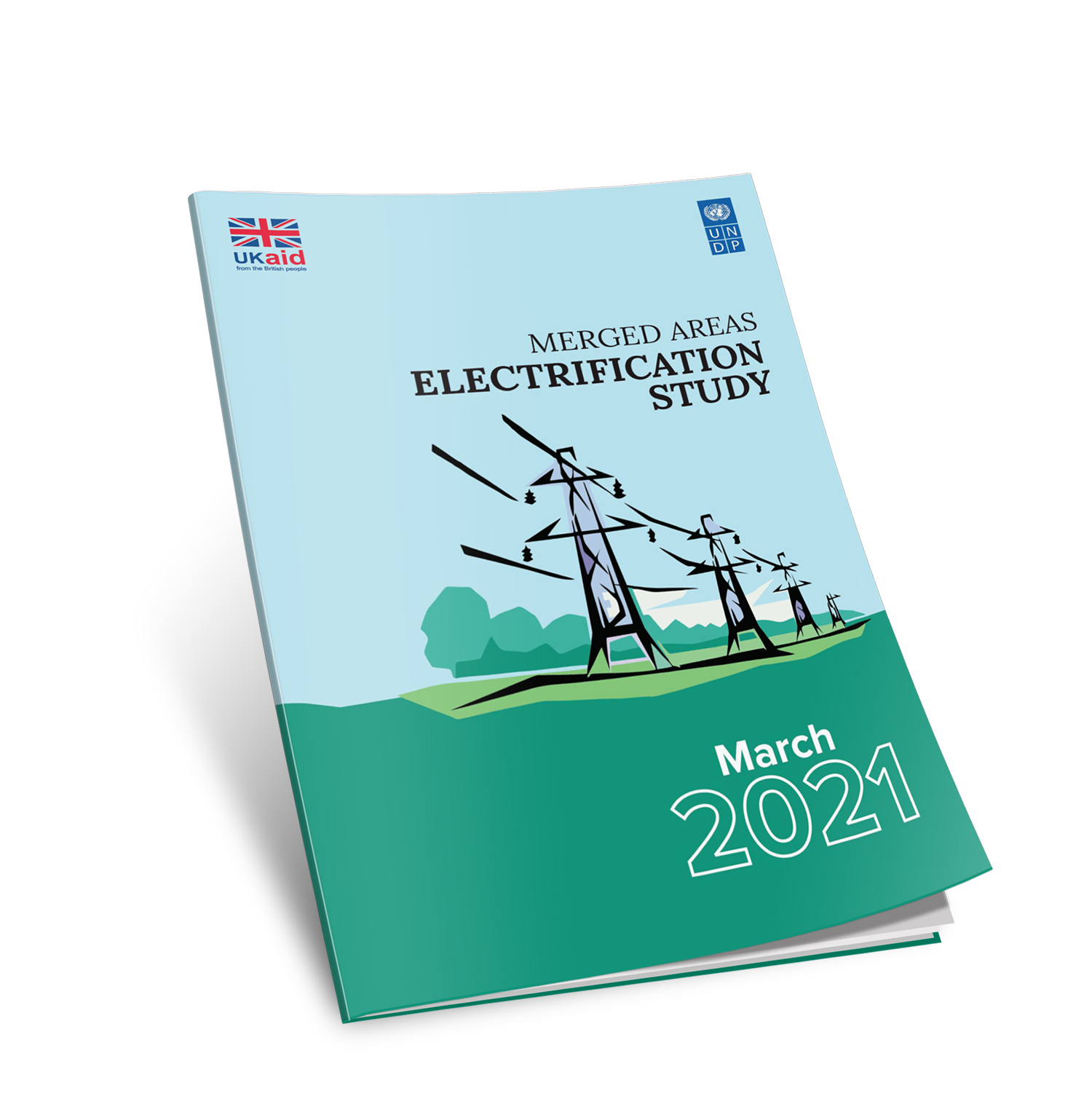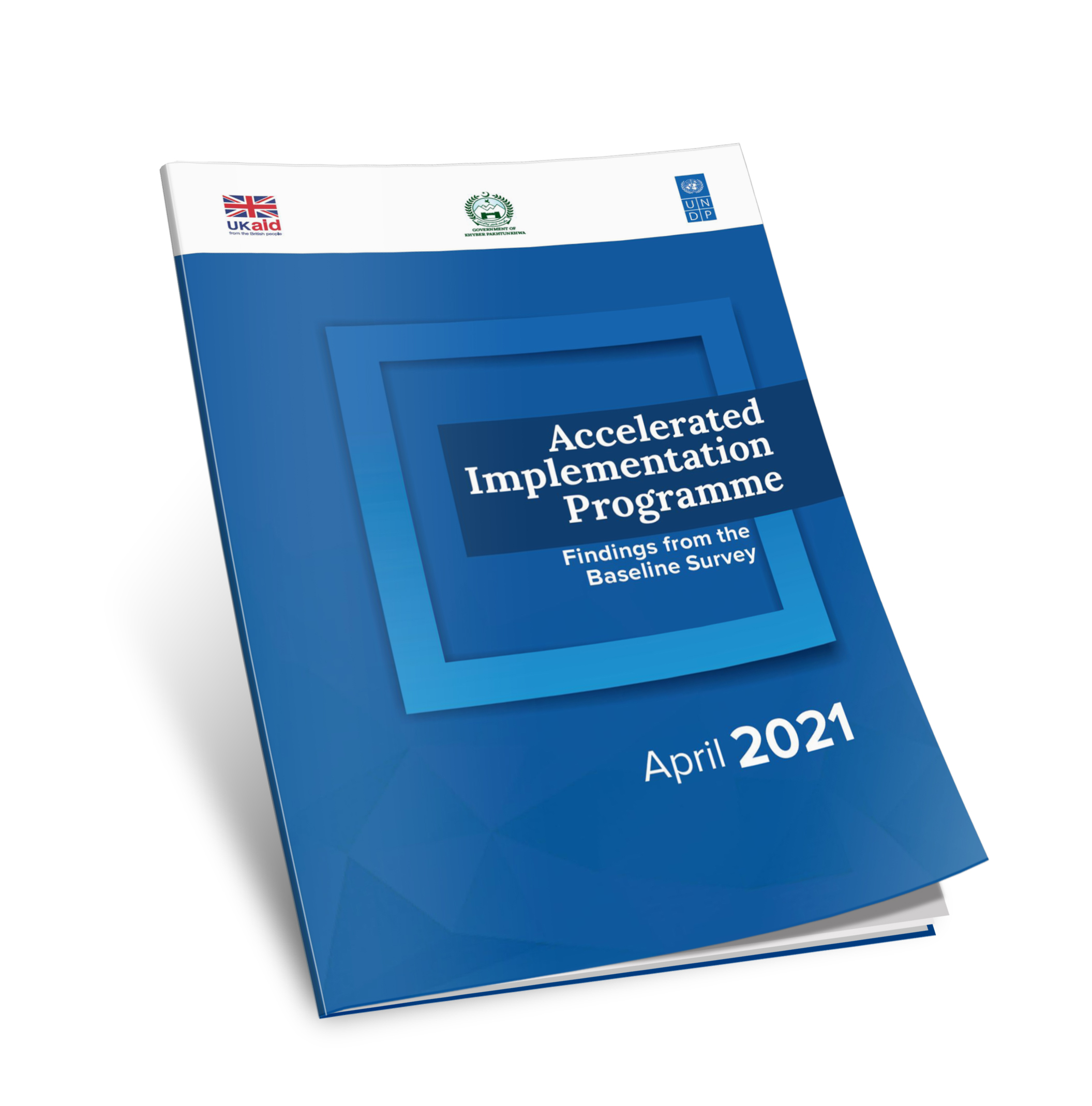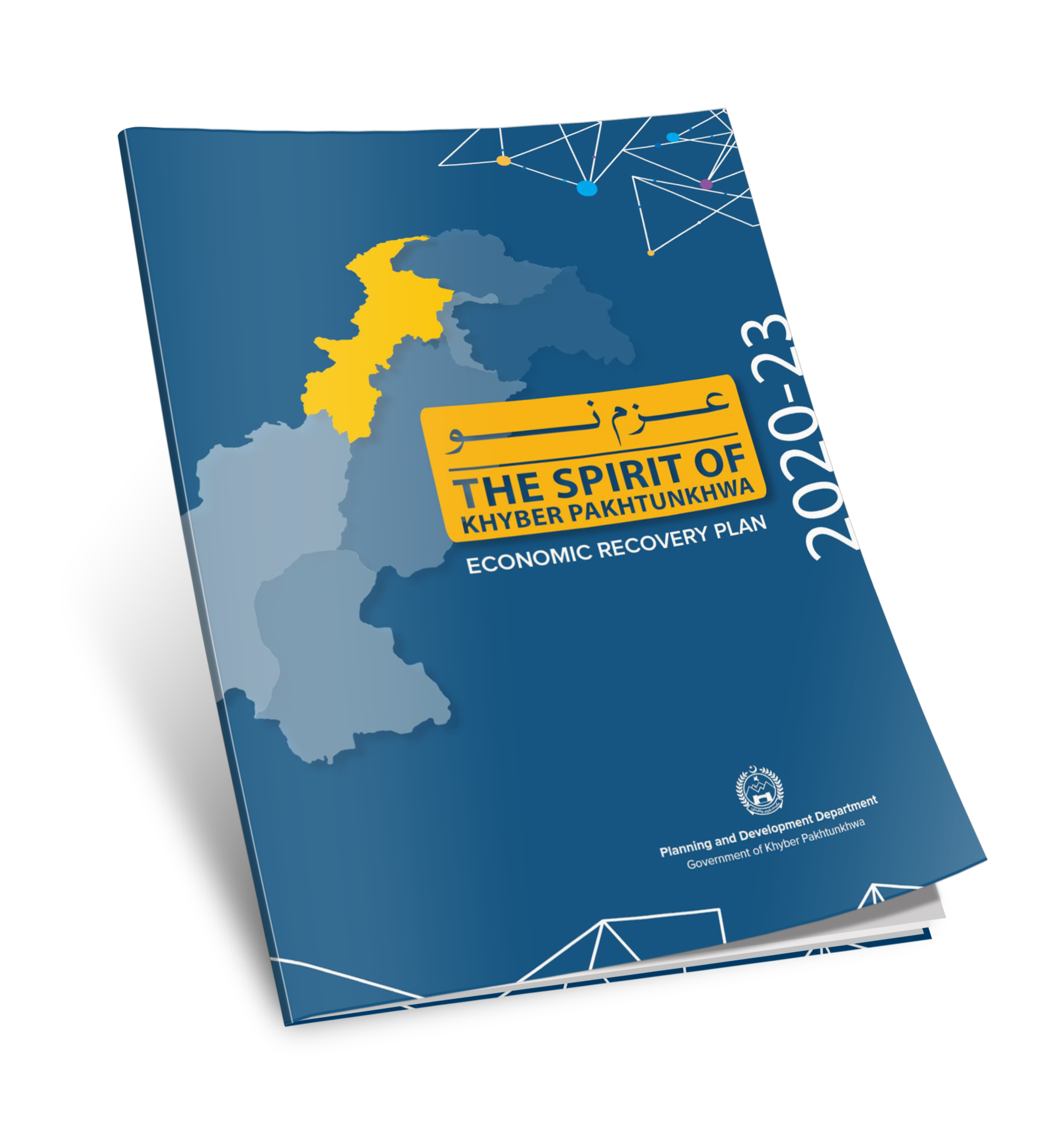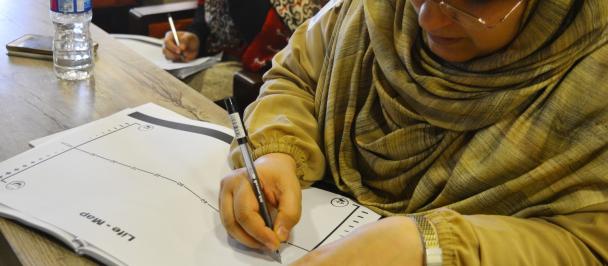Merged Areas Governance Project
The merger of Khyber Pakhtunkhwa (KP) with the former Federally Administered Tribal Areas (FATA) is a historic opportunity to stabilize the region and provide solace to a population weary of conflict and displacement. Yet the merger merely represents an early milestone in what will be a long and challenging transition towards stability and progress.
The introduction of constitutional rights to 5 million people, the institution of 702 elected local governments, the initiation of land titling rights to citizens, the extension of formal rule of law institutions, and empowered legislatures, are fundamentally changing the relationship between the citizen and the state.
The merger has raised significant public expectations. Over the last decade, the former FATA has seen terrorism, military operations, and forced displacements. Many people have had their homes and livelihoods destroyed. As such, any delay or mismanagement of the integration may create space for the formation of counternarratives against the integration process and contribute to instability.
The KP-FATA merger is a historic opportunity to stabilize the region
The Merged Areas Governance Project (MAGP) is a technical assistance project to transform the lives of the people of erstwhile FATA through peaceful integration with KP, the extension of civilian governance institutions, and socio-economic development. We aim to create opportunities for transformative development through innovative approaches that effectively respond to the complexity of the context.
Result 1: Increased KP Government capacity for peaceful implementation of fundamental governance and rule of law reforms as part of the complex integration process;
Result 2: Inclusive governance and political integration at the district and local levels to promote stability;
Result 3: Accelerated and transformative socio-economic development in the Merged Areas through improved planning, implementation, and innovation.
Result 4: State-Citizen relationship strengthened through enhanced engagement of the population by leveraging communications of development work with the reforms and merger process
An extraordinary situation requires a path-breaking approach
Systemic, government-led reforms. We provide system-wide technical assistance including resources, evidence, digital, and advisory services to help the government deliver on the commitments embodied in the 25th Constitutional Amendment and the FATA Reforms Process.
Evidence and data are at the core of the approach. To achieve transformative development results, we prioritize the generation and use of comparative and experimental evidence. We help the government to set up and use data streams and analytical capacities for effective planning, management, and evaluation.
Innovation is our normal. We believe that transformative development in the Merged Areas cannot be achieved through the simple replication of systems from outside. Instead, our approach leverages UNDP’s Innovation practice by focusing on re-thinking the status quo, experimentation, iteration, and learning.
We integrate global networks with local knowledge. We have found that the most amazing ideas come out of situations where local associates work directly with leading national and international specialists. To create these sparks, we have designed our footprint so that the majority of our staff are grounded in the Merged Areas but are networked with leading experts and institutions from across Pakistan and the world.
This project can’t afford to stop learning. The context in the Merged Areas is evolving rapidly, and the project seeks to continually learn and evolve in response.
We serve the people of the Merged Areas. We hold ourselves accountable to the people we serve by regularly tracking their perceptions and feedback.
What has the project already achieved?
We have been the primary provider of technical assistance to the Merged Areas since 2015. MAGP was approved by the Government of Pakistan as a dedicated project in 2018.
- To facilitate the integration of the Merged Areas, we provided technical assistance to the government, including regarding legislative options reflected in the extension of the judiciary, and the 25th Constitutional Amendment.
- To build consensus on the reform agenda, we organized extensive consultations with political leadership, civil society, experts, and youth activists. To ensure the people's voice was heard in the deliberations, we established channels of public feedback from focus groups, a free hotline, and media monitoring directly to key decision- makers. To counter fake news, we worked with civil society and journalists to inform and educate stakeholders across Pakistan.
- To avoid parallel bureaucracies and support democratic accountability, we helped the provincial government in implementing the reforms required for the integration of the FATA Secretariat into the provincial administration under the oversight of the provincial cabinet.
- To help the GoKP deliver on the national commitment of over Rs 1 trillion investment over a decade, we supported the development of the 10-year Tribal Decade Strategy and the 3-year Accelerated Implementation Programme.
- To put people at the center of the reform process, we helped the GoKP train and deploy 130 Local Government Ambassadors who conducted civic education campaigns for Merged Areas residents. Ambassadors also played a frontline role in COVID-19 prevention after the advent of the pandemic, reaching close to 150,000 people across the 7 districts.
- To strengthen trust, the Strategic Communications Unit identified areas of trust deficit between citizens and the state and used both communications and engagement to support addressing them. More recently, the Strategic Communications Unit has been on the frontlines of the provincial government's public communications on COVID-19 prevention.
- To address disputes related to land ownership, MAGP supported the government in the implementation of the first land settlement process in the Merged Areas in 76 years and worked to enhance the government's capacity to undertake further land settlement work
- To improve the availability of data to facilitate evidence-based planning and decision making, and to further understanding of citizens' perceptions on the merger and development issues, we have supported large-scale surveys on economic, development, and other issues.
- To promote economic recovery in KP, we supported the provincial government in the development of its 3-year economic recovery plan, Azm-e-Nau, to manage development priorities and resource allocations in the aftermath of the COVID-19 outbreak.
- To drive transformative results in key sectors including health, education, and skills development - MAGP worked in close cooperation with the Planning and Development Department and line departments on the design of 'Special Emphasis Programmes,' which employ innovative approaches and will be rigorously evaluated to inform scale-up.
What’s next?
- To help the provincial government's development spending go further, we are assisting the provincial government to transform the development project pipeline by improving the way it designs, approves, implements, and evaluates programmes and projects.
- To further evidence-based planning, we will continue to support the provincial government in the collection and use of data on development inputs and outcomes.
- To support economic development and increased employment opportunities in the Merged Areas, we will continue to work closely with the provincial government on the development of feasible approaches and schemes, taking into account the importance of regional connectivity.
- To contribute to effective urban planning, we will continue to support the government in the development of master/spatial plans for selected urban centers in the Merged Areas.
- To support learning from the first 3 years of the Accelerated Implementation Programme and the government's vision for the next phase, MAGP will provide technical assistance to the provincial government for the next phase of priority planning and implementation under the Tribal Decade Strategy, which will take into account the rapidly evolving regional context.
MAGP Project Brief
Supporting the Financial Integration of the Merged Areas with Khyber Pakhtunkhwa Province
Merged Areas' Electrification Study
UNDP finalized a diagnostic study to better understand the challenges of electrification in the Merged Areas, which remains a pressing citizenry concern. The diagnostic report highlights key challenges pertaining to electrification and proposes recommendations suited to the political economy of the region.
Accelerated Implementation Plan Baseline Report
UNDP executed the Accelerated Implementation Programme (AIP) Baseline Survey 2020 in collaboration with the Khyber Pakhtunkhwa Planning and Development Department (P&DD) and Khyber Pakhtunkhwa Bureau of Statistics (KP BOS). The survey captures data from 4,650 household respondents in the seven newly merged districts covering various sectors such as education, health, agriculture, road connectivity, electrification, poultry and livestock, municipal and urban development, governance as well as water and sanitation. The findings aim to fill the data gaps necessary for prioritizing and planning socio-economic development schemes and interventions in the Merged Areas.
Vital Economic Operations Management (VEOM)
- Policy Brief - 001
- Policy Brief - 002: Prerequisites to Opening of the Economy
- Policy Brief - 003: Comparative Review of Fiscal and Monetary Policies adopted by Select Economies
- Policy Brief - 004: Sketching Out the Effects for Optimal Targeting of Interventions in KP
- Policy Brief - 005: Data Collection Methodologies For Vital Stocks in Khyber Pakhtunkhwa
- Policy Brief - 006: The Case For Temporary Jobs
- Policy Brief - 007: Online Training for Skill Development
- Policy Brief - 008: Estimating Wage Loss across Various Households Income Groups in Khyber Pakhtunkhwa
- Policy Brief - 009: Impact of COVID-19 on the Informal Settlements of Khyber Pakhtunkhwa
- Policy Brief - 010: Salary Refinance Scheme
- Policy Brief - 011: Review of Essential Food Items Price Documentation Approaches in Khyber Pakhtunkhwa
- Policy Brief - 012: Top Global Data-Driven Solutions to counter the impact of COVID-19
- Policy Brief - 013: KP pandemic response decision tool
- Policy Brief - 014: Education in the time of COVID-19
Azm-e-Nau: Economic Recovery Plan
UNDP provided technical support to the GoKP in the development of the recently launched Azm-e-Nau economic recovery strategy, which will mitigate the long-term effects of COVID- 19 across key sectors including health, economy, small enterprises, employment, financing, social protection, emergency relief, and education.
The document can be accessed at: https://pndkp.gov.pk/news-details.php?id=48
Village Council/Neighborhood Council (VC/NC) Profiles & Development Plans for Merged Areas
Under the broader goal of strengthening service delivery, UNDP has developed socio-economic profiles of 702 Village Councils/Neighborhood Councils in seven districts of Bajaur, Mohmand, Khyber, Orakzai, Kurram, North Waziristan, South Waziristan and six Tehsil sub-divisions of Darazinda, Bittani, Jandola, Wazir, Dera Adam Khel and Hassan Khel in the Merged Areas. Developed through a strategic participatory approach, the VC/NC profiling serves as a baseline as well as a benchmark to evaluate the performance of various key stakeholders including local government and development partners. These community-driven plans will eventually contribute to putting together effective Village Development Plans for Local Councils and promote improved local governance in the Merged Areas. The profiles can be accessed at:
https://www.dropbox.com/sh/s0o57ksnbbm3v9d/AAAVh59_AKcc1IpU7x65mvkca?dl=0

 Locations
Locations